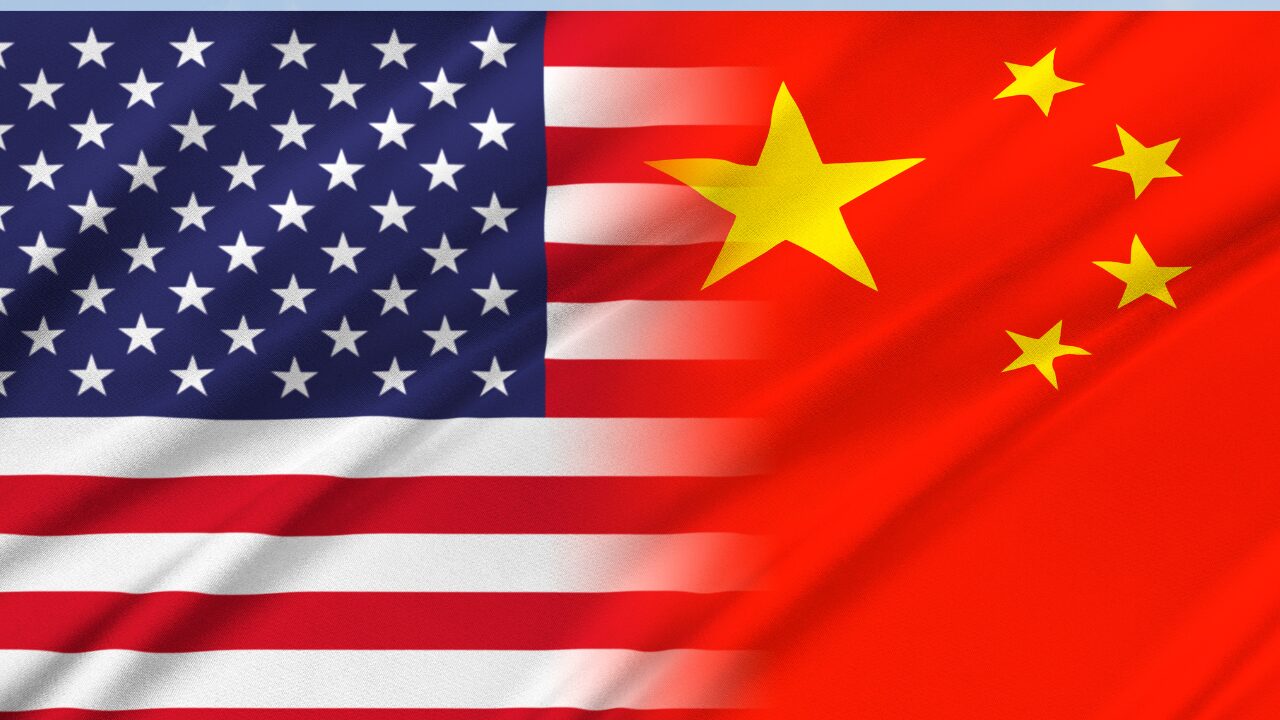Date first published: 16/01/2018
Key sectors: all
Key risks: M&A refusal
On 3 January Chinese fintech company Ant Financial’s US$1.2bln move to acquire US transfer service provider MoneyGram was blocked by the Committee on Foreign Investment in the United States (CFIUS). The committee has long been peripheral and largely unknown to the public, but its importance has grown in tandem with concerns over Chinese investment in the United States. Comprising the heads of the Commerce, Treasury, Commerce, Energy Justice and Homeland Security and other departments, CFIUS is tasked with blocking deals deemed as national security risks. Despite Ant Financial’s owner Jack Ma’s promise to bring a million jobs to the US in a high-profile meeting with US President Donald Trump a year earlier, CFIUS was concerned enough about a Chinese company holding US citizens’ sensitive data to block the deal.
The Ant Financial deal is one of several high-profile deals involving Chinese companies to be blocked by CFIUS. In September 2017 it blocked block the acquisition of US-based Lattice Semiconductor Corp. by Canyon Bridge Capital Partners, an equity firm that allegedly has ties to the US government. In 2011 it blocked Chinese telecom company Huawei’s purchase of computer company 3Leaf Systems, and only approved Japan-based SoftBank’s acquisition of mobile carrier Sprint on the condition that it did not make use of Huawei technology.
CFIUS is set to grow in power. Bipartisan concerns that Chinese companies are using joint ventures as a means to get around CFIUS investigations led to a bill being proposed in November 2017 to expand CFIUS’ powers of investigation. As CFIUS concluded or began reviews of up to 300 cases in 2017, the proportion of Chinese investments investigated and rejected is also likely to rise.
While fears over Chinese M&A are also on the rise in Europe, the EU has been a far more willing beneficiary of Chinese investment. While CFIUS kept Huawei at bay, its investment in mobile infrastructure was accepted in the UK after a special group was set up to monitor its equipment for security concerns. The company now accounts for around 22 per cent of mobile infrastructure spending in Europe, the Middle East and Africa, but just 3 per cent in the US. While the figures on Chinese investment in the US are disputed, government estimates suggest that the US accounts for just 2 to 3 per cent of total Chinese FDI whereas investment in European infrastructure and utilities has been more consistent. Viewed in this way, it is likely that US suspicion of Chinese investment has cost its economy, while Europe’s has benefited.
However, this trend could be set to change, with Germany in particular increasingly concerned about Chinese companies backed by the largesse of the state purchasing German companies with advanced technology. French President Emanuel Macron has also expressed concerns over Chinese investment, and uncertainty still remains over Chinese investment in new reactors at Britain’s Hinkley Point.
The US strong stance towards China has also partly been based on the justified argument that China must provide a reciprocally open market for US M&A before its companies gain the same treatment. On its own, the US’ strong stance does not seem to have bothered Chinese companies, many of which say they have abandoned interest in the US market. On the other hand, if the EU begins to take a similarly strong stance against Chinese companies, the government may be forced to rethink the many restrictions faced by foreign investors at home.



